Thinking about moving to Spain in 2025? You’re in luck! As an EU/EEA/Swiss national, here’s how to move to Spain from the EU in 2025—whether in bustling Alicante city, tranquil inland villages like Sax or Pinoso, or along the sunny Costa Blanca—is smoother than for others.
Spain offers a wide variety of lifestyles—from bustling metropolises to quiet countryside escapes. However, this blog focuses specifically on the province of Alicante and the Costa Blanca region, covering both coastal and inland areas.
This 2025 cheat-sheet will help you get started, regardless of where in Spain you intend to settle down.
1 – 📍 Choose where to live in Alicante or Costa Blanca
While the steps in this cheat sheet apply across all of Spain, if you’re considering settling in Alicante, we invite you to explore our sections “Living in Alicante” and “Costa Blanca Lifestyle” for local insights, housing tips, and community guides.
2 – 🏠 Find a home in the province of Alicante
Use trusted platforms to search for properties, but finalise any contracts once you’re physically in Spain.
- Discover the province of Alicante in the official website 👉
- And if you intend to buy, check our complete guide on Buying Property in Alicante 👉
3 – 🚚 Plan your move carefully
Whether you’re starting fresh or bringing your furniture, belongings, and even your car, some paperwork and customs procedures must be completed before shipping or importing. Plan ahead to avoid delays!
4 – ✈️ Travel to Spain
No visa needed — just hop on a plane and begin your adventure in Spain’s Mediterranean regions!
5 – 📝 Register on the padrón (local register)
If you plan to stay beyond three months, register at your town hall (“ayuntamiento“) in your favourite location at the Costa Blanca. It’s essential for most paperwork, if your intention is to settle.
Requires: Proof of address (from Step 2).
6 – 🆔 How to get your NIE number (Foreigner Identification Number)
The NIE is required for both short-term and long-term stays if you plan to engage in any economic, professional, or administrative activity in Spain (like buying a property, setting up utilities and more).
Apply at the police station or immigration office — your magic number for everything official.
Requires: Proof of address (from Step 2) and often padrón registration (from Step 5).
7 – 💶 Show financial means, employment, pension or study status
Needed if you stay over 90 days. Common proofs include bank statements, job contracts, or university enrolment.
Often required as part of Step 8.
8 – ✅ Obtain your EU Certificate of Registration
Needed if you stay over 90 days. This certifies your right to live/work in Spain.
Requires: NIE (from Step 6), proof of address (from Step 2), and padrón (from Step 5) and proof of financial means.
Learn more about how to obtain the EU certificate of registration:
9 – 🏥 Set up your healthcare in Spain
Choose between registering for the public system, using an EHIC/S1 (European Health Insurance Card), or arrange private health insurance, or both.
Requires: EU Certificate of Registration (from Step 8) for public healthcare registration.
10 -🏦 Open a Spanish bank account
Most banks require a passport, NIE, and proof of address. Some even allow partial online set-up.
While non-resident accounts exist and you can open them with your passport, resident accounts are best if staying over 90 days.
In that case, it requires: NIE (from Step 6) and proof of address (from Step 2).
11 – 🗃️ Register for tax in Spain
Essential if living in Spain 183+ days/year. You can check in-person with your local Agencia Tributaria (Spanish Tax Agency) office or in the links below.
Requires: NIE (from Step 6) and proof of address (from Step 2).
- Read about Tax residency in the official site of the Spanish Tax Agency 👉
- Learn about Tax register formalities in Spain, from the Spanish Tax Agency 👉
12 – 👨👩👧👦 Register family members (and pets!)
Moving with loved ones? They must complete their own registration steps too.
Bringing your furry friends? Importing your pet requires extra paperwork, including microchip, vaccinations, and a valid EU pet passport.
13 – 🛡️Join Spanish Social Security
Crucial for pension and healthcare access.
Requires: NIE (from Step 6) and EU Certificate of Registration (from Step 8).
- Employees: Employers register you.
- Students: EHIC/S1 (step 9) covers you.
- Self-employed: you must register yourself. Find information about the procedure in the official website of the Spanish Government 👉
For detailed official information, you can also contact the nearest Social Security office.
14 – 💼 Start working, studying, or retiring
Once paperwork is sorted, embrace your new chapter in Costa Blanca or inland in the Alicante province.
15 – ⚖️ Stay legally compliant
Keep your registrations updated.
Renewal processes are usually simple but important!
Check each of the articles to understand which procedures are one-off, and which require renewal.
Save this site in your favourites and stay tuned for further articles.
💡 Pro tips
- Always check with local town halls and authorities — requirements can vary slightly depending on the region.
- If Spanish paperwork or the language feel overwhelming, you might want to hire a gestor (consultant) or immigration lawyer to make things easier. You’ll find trusted professionals in our Directories to help you settle smoothly.
Frequently asked questions (FAQ)
If you are an EU/EEA/Swiss student moving to Spain, you must register as a resident if your stay will exceed 90 days. To obtain the EU Certificate of Registration (Certificado de Registro de Ciudadano de la Unión), you will need:
– Proof of enrollment at a recognized Spanish educational institution (such as a university)
– Proof of sufficient financial means to support yourself during your studies (this can be your own bank statements, a scholarship, or a formal declaration and bank statements from your parents or guardians)
– Proof of health insurance (either the EHIC/S1 or private coverage)
Spanish authorities require these documents to ensure that you can support yourself and will not become a financial burden on the state, even as a student.
If your parents are supporting you, you should provide their financial documentation along with a signed letter confirming their support.
This is a standard process for all EU students registering for residency in Spain.
If you’re an EU/EEA/Swiss national living in Alicante or anywhere else in Spain, you can drive with your valid EU licence. There’s no need to exchange it immediately.
Once you become a resident:
– You can keep using your licence if it’s still valid.
– If it has no expiry or is valid over 15 years, exchange it within 2 years.
– Follow Spanish driving rules and medical checks.
Non-EU residents can usually drive for 6 months after gaining residency.
After that, you must exchange your licence (if Spain has an agreement with your country) or take the Spanish driving test.
Check with your local DGT office for updated info.
Would you like us to cover any particular topic in-depth?
💬 Leave your comments below. 👇

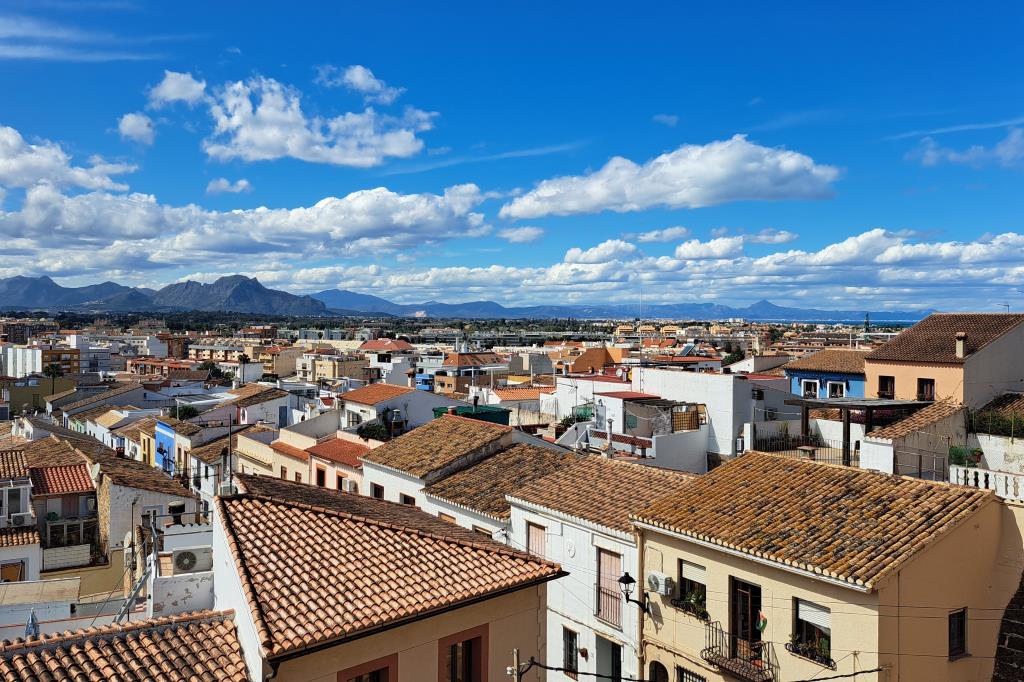
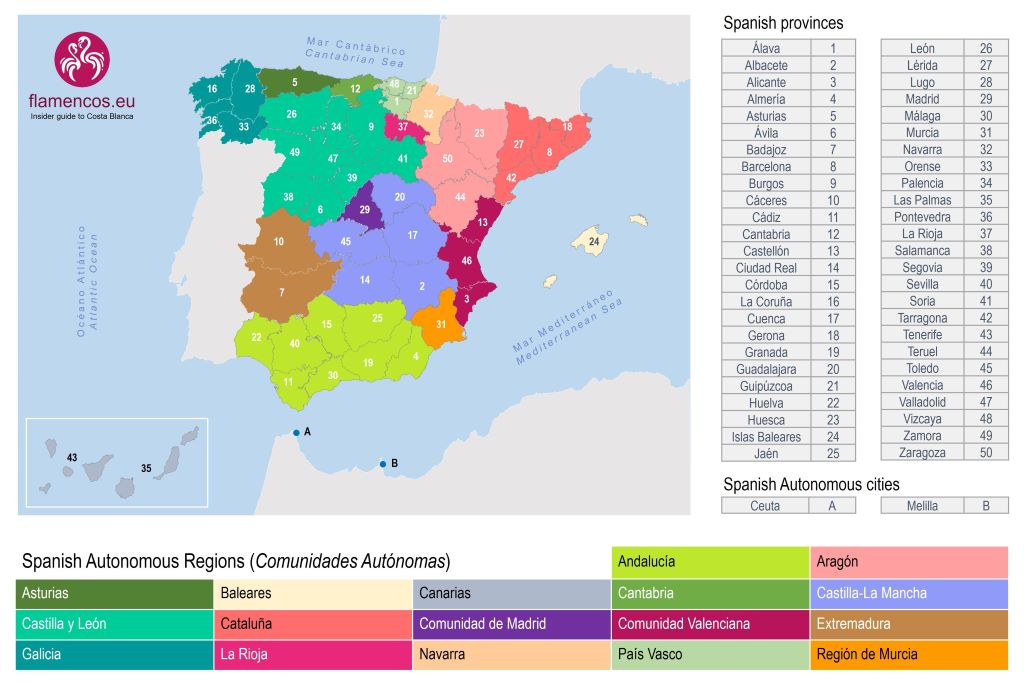
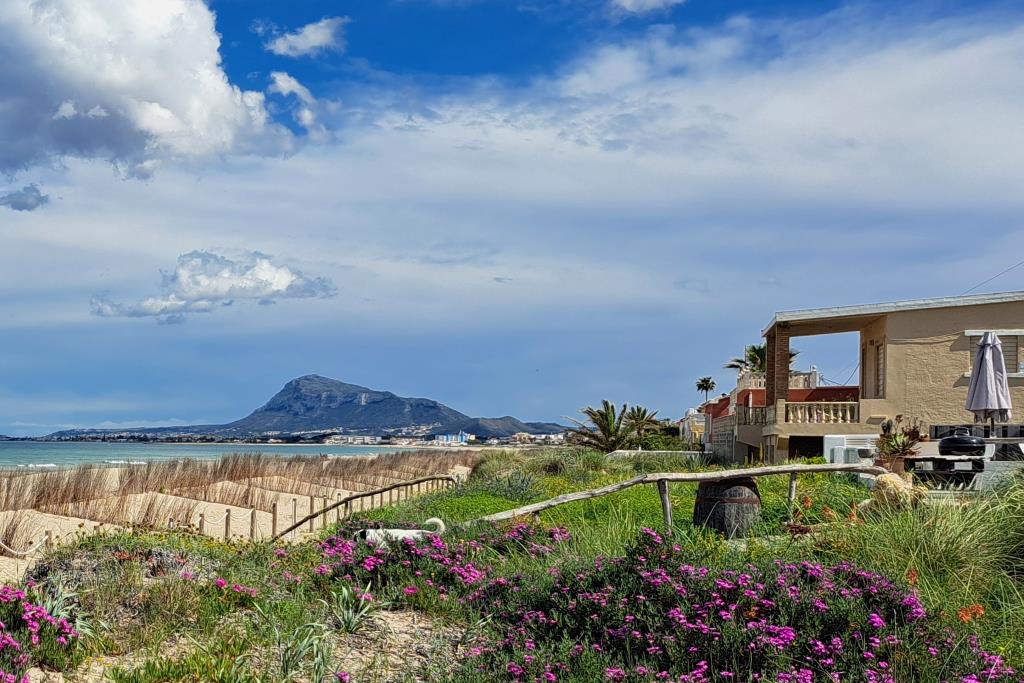
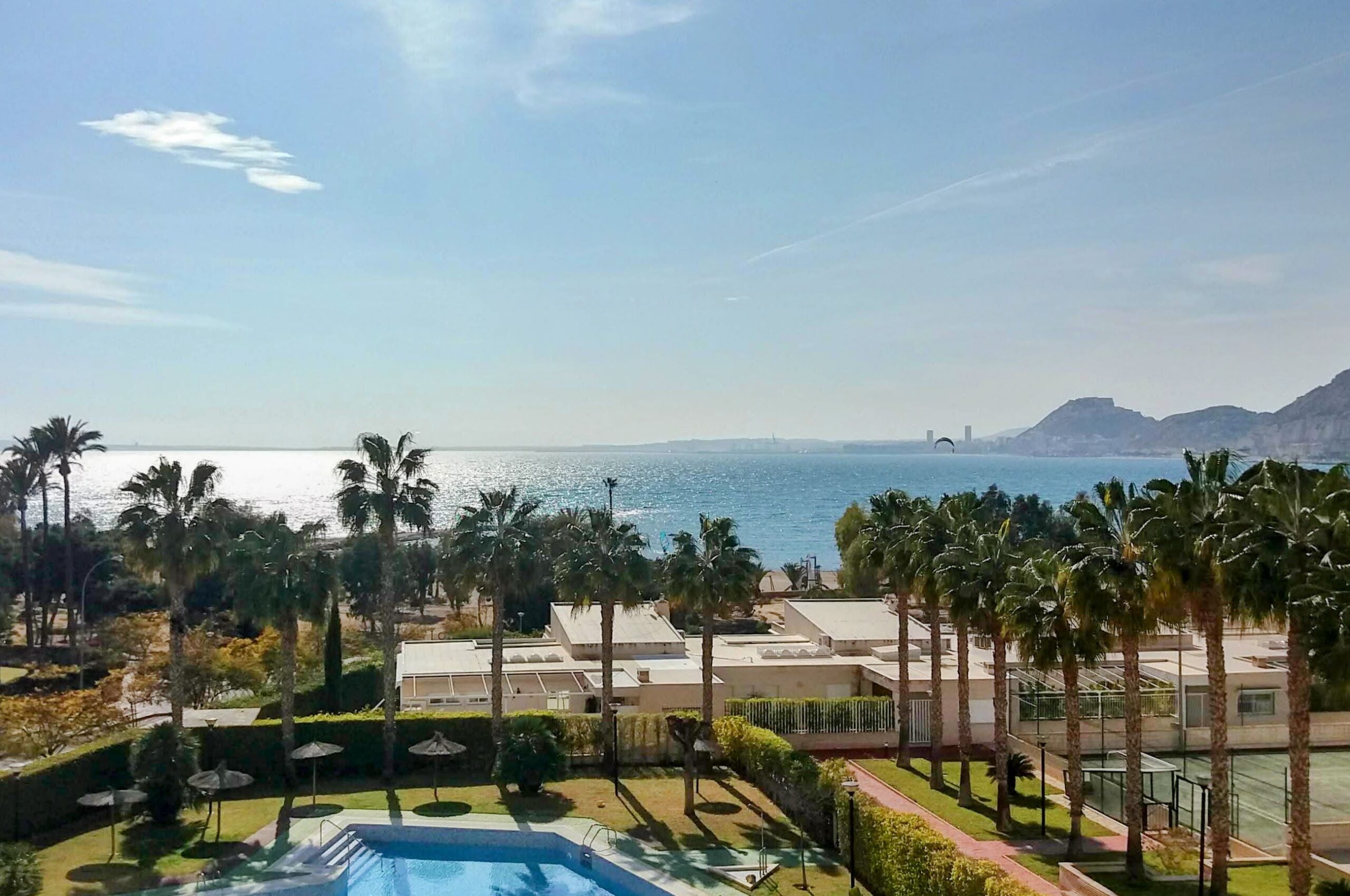


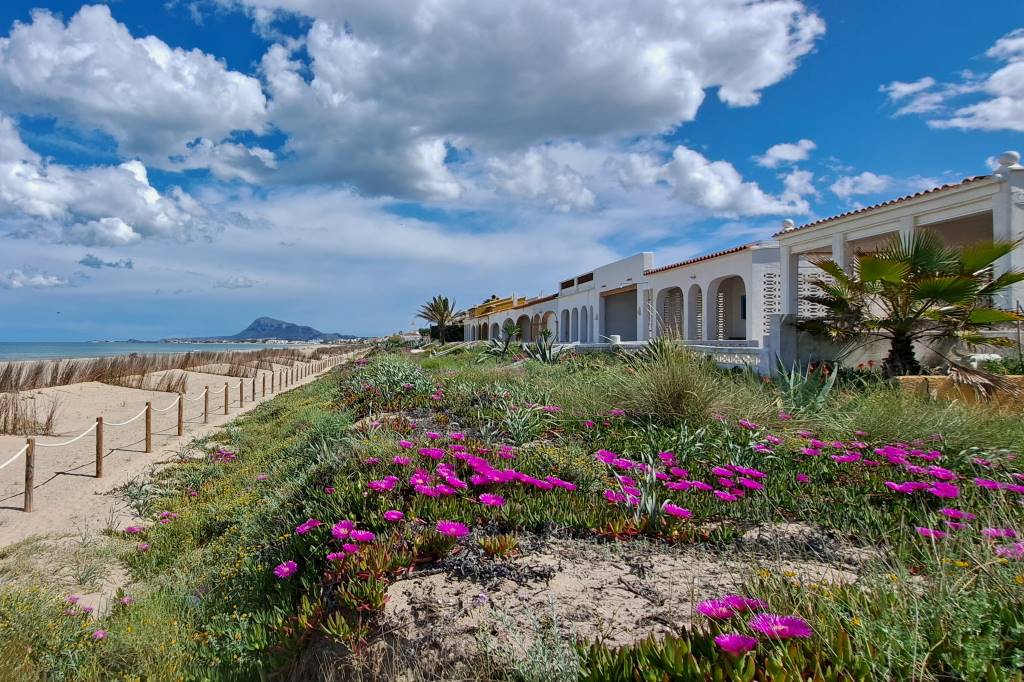



Leave a Reply
You must be logged in to post a comment.